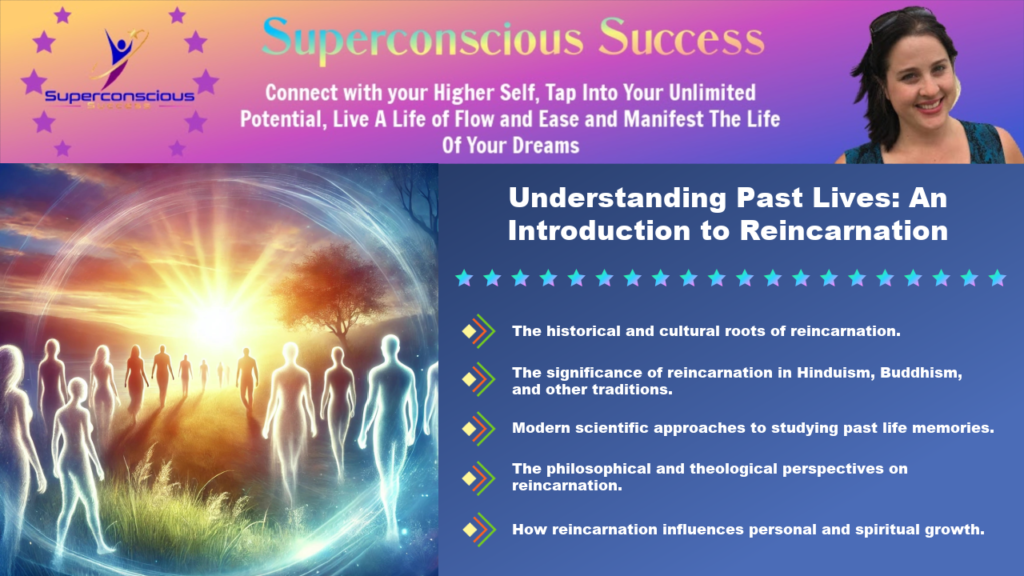
In this blog post, you’ll explore the fascinating concept of reincarnation, delving into its historical and cultural roots, and its significance in various religious and philosophical traditions. You’ll discover how modern science approaches the study of past life memories, and learn about the profound role reincarnation plays in personal and spiritual development. By the end of this post, you’ll have a deeper understanding of how the belief in multiple lifetimes can influence your growth, healing, and overall journey toward enlightenment.
2. Philosophical and Theological Perspectives on Reincarnation
Reincarnation is rooted in various philosophical and theological traditions. In Hinduism, it is central, where the cycle of birth, death, and rebirth, known as Samsara, is driven by karma. Your soul, or Atman, transmigrates from one body to another. This movement is influenced by your actions in previous lives. Consequently, liberation from this cycle, or Moksha, is the ultimate goal. You achieve it through righteous living and spiritual practices.
Similarly, Buddhism shares a belief in the cycle of rebirth. However, it diverges in its understanding of the soul. Instead of an eternal soul, Buddhism posits the concept of Anatta, or no-self. What is reborn is a stream of consciousness influenced by karma. The cessation of this cycle, known as Nirvana, is attained through the Eightfold Path. An understanding of the Four Noble Truths is crucial.
Jainism also embraces reincarnation. It emphasizes non-violence and truth as means to purify the soul. Breaking free from the cycle of birth and death is vital. Your soul is seen as eternal. Liberation is achievable through strict adherence to ethical principles.
Certain mystical traditions within Christianity and Islam entertain the idea of reincarnation, though it is not mainstream. Some Christian Gnostic sects and Sufi mystics in Islam have historically considered the soul’s journey through multiple lives. They see it as part of spiritual evolution and divine justice.
Philosophically, reincarnation raises questions about personal identity and the nature of the soul. Critics argue that if the soul retains no memory of past lives, it challenges the notion of continuous personal identity. Ethical implications also arise. The justification of social inequities through karma can be morally problematic.
From a scientific perspective, reincarnation faces significant challenges. The lack of empirical evidence and the difficulty in proving past life memories through verifiable means remain substantial obstacles. Despite anecdotal reports and case studies suggesting past life connections, the scientific community remains largely skeptical. They demand rigorous proof to substantiate such claims.

















